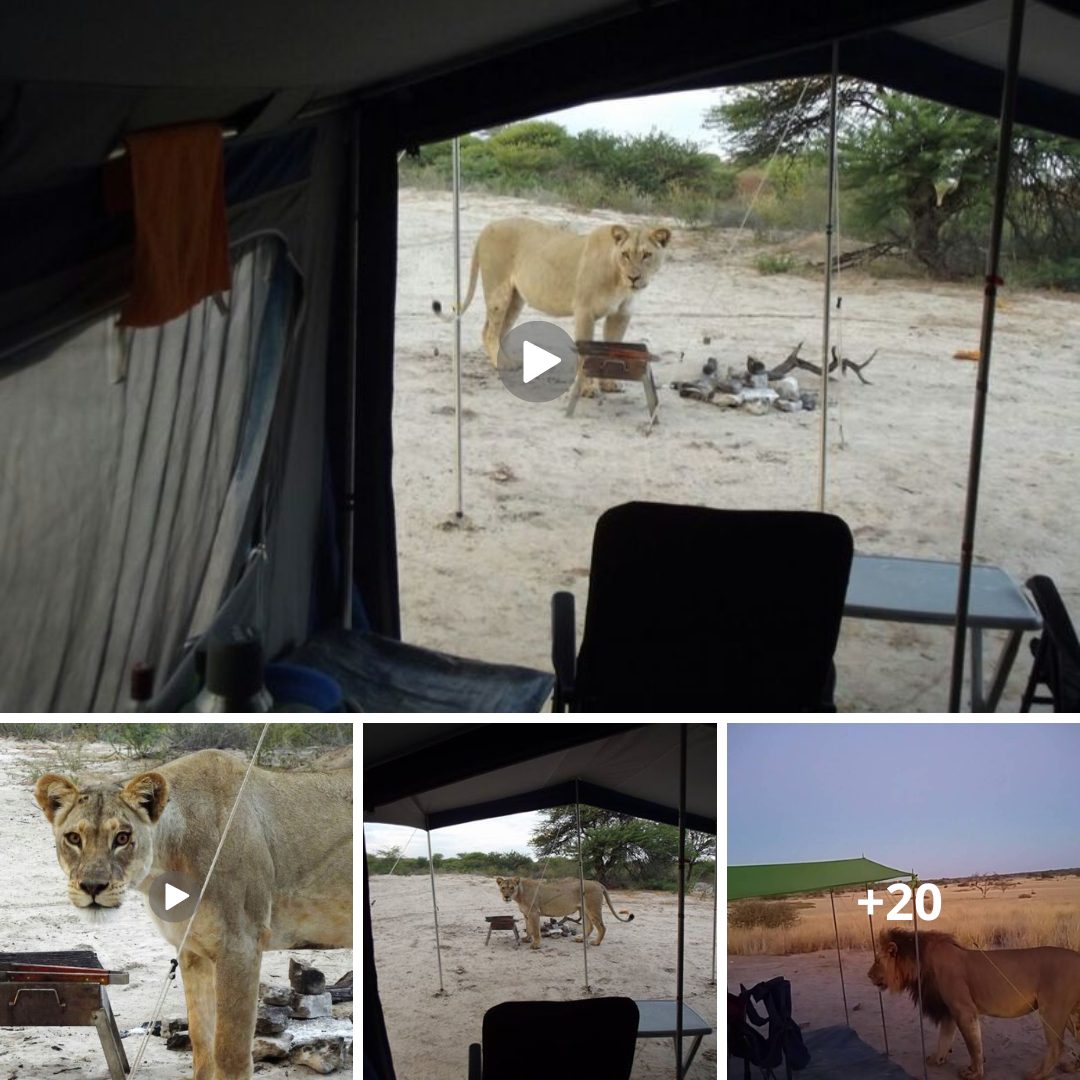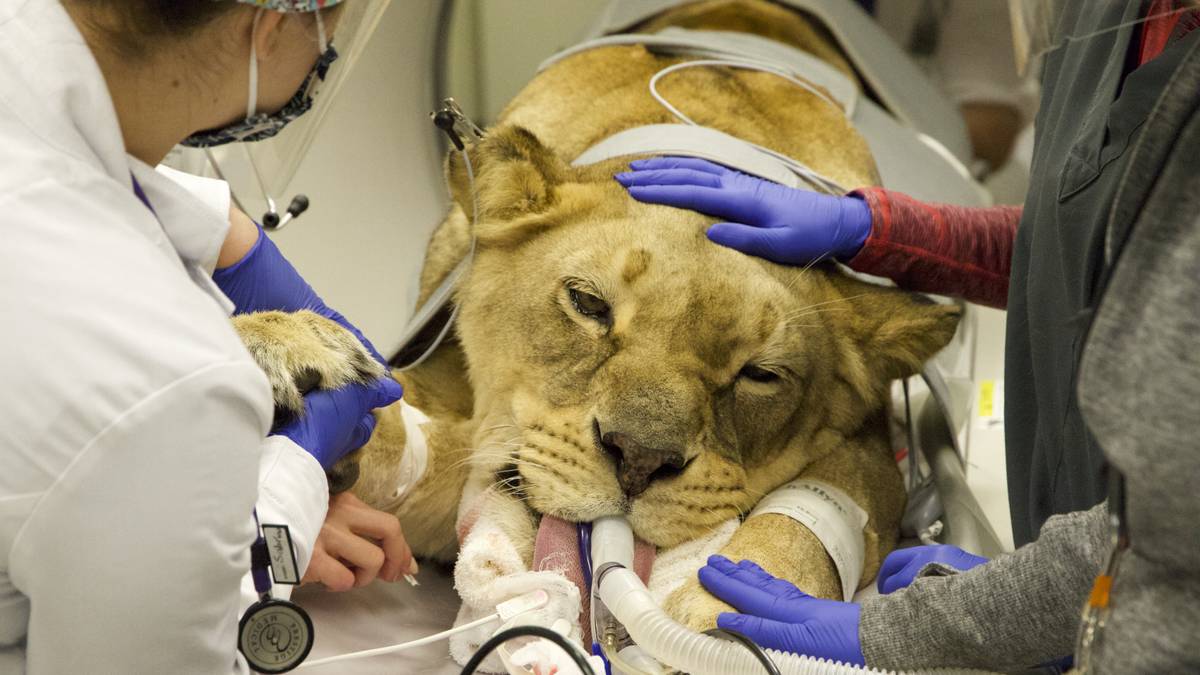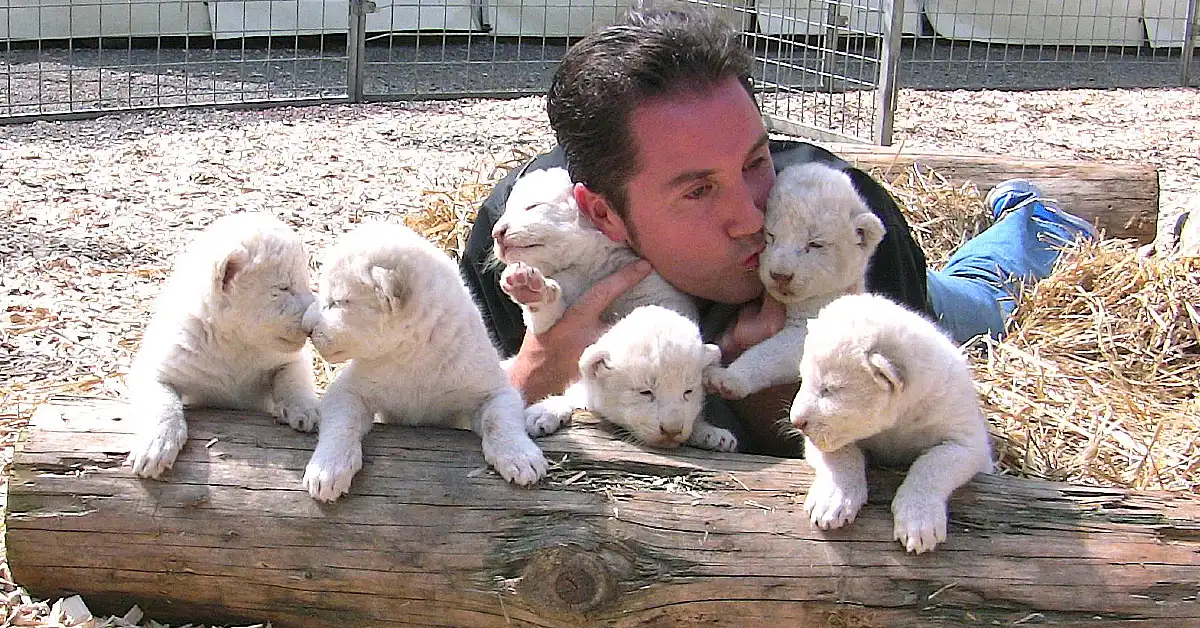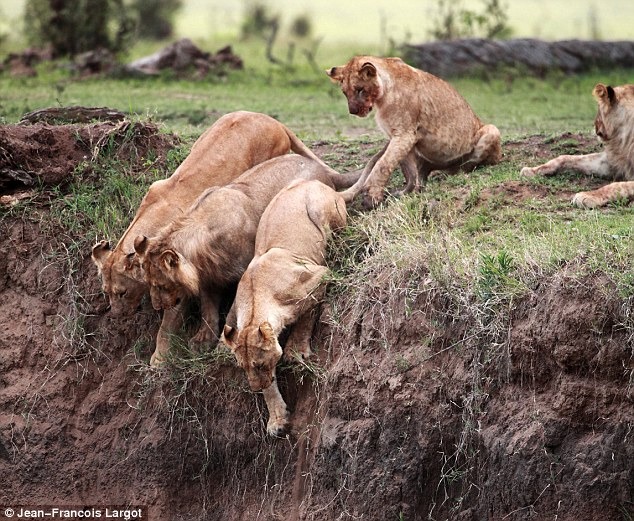“When you have a very fat 400-pound bear, it will take it ages to starve to death. That’s a horrific way to die, decaying from the inside out.”
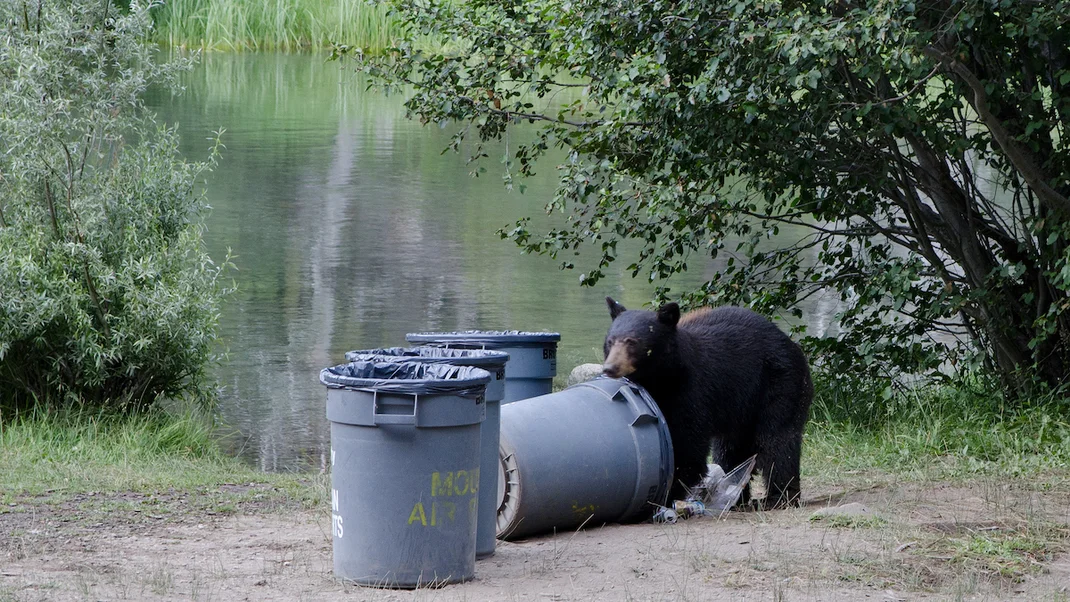
PHOTO: JANET KOPPER VIA GETTY IMAGES
Colorado Parks and Wildlife (CPW) euthanized a 400-pound black bear in Telluride, Colorado, over the weekend after its intestines became blocked with human garbage such as wipes, paper towels, napkins, and food wrappers.
After receiving a report about a sick bear, officials located the animal and noticed that he was showing signs of an infection. The bear was acting like he had a fever, and discharge was coming from his eyes and mouth. He was also hunched over and in visible distress. The symptoms and behavior of the bear tipped officials off to possible abdominal pain. Based on his behavior, they determined the best course of action was to humanely euthanize the animal.
In response to the incident, Rachel Sralla, CPW’s Area Wildlife Manager stated: “The bear could not digest food and was very sick. It all comes back to trash, which we talk about too often when it comes to bear conflicts in Colorado.” The bear was suffering from an intestinal blockage from inedible human trash.
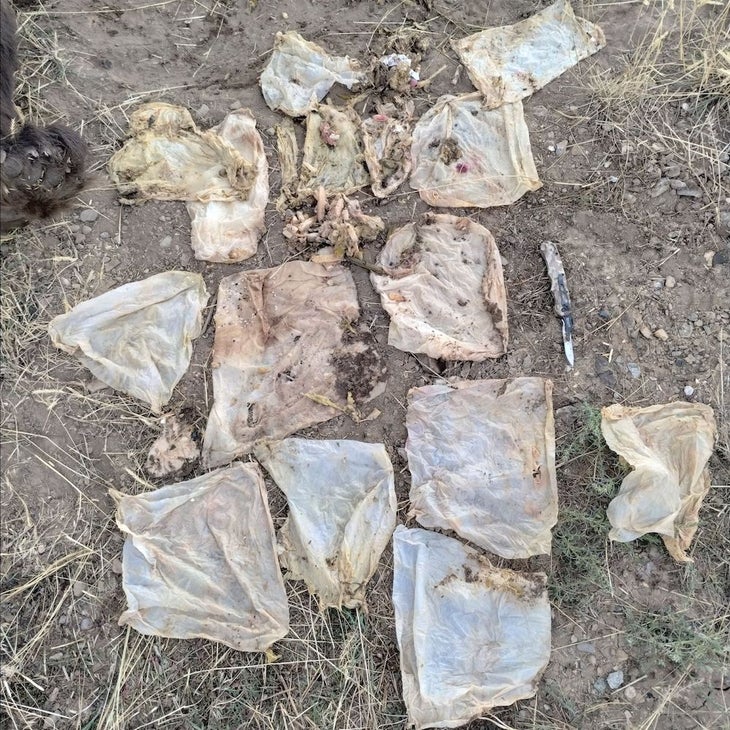
Wipes and other trash removed from the stomach of the black bear euthanized in Telluride. (Photo: Courtesy Colorado Parks and Wildlife)
To humans, eating trash seems counterintuitive. However, bears might seek out the high-calorie rewards found in improperly stored garbage. This is one reason why Telluride residents have to use bear-resistant disposal containers.
On September 10, a day after putting the bear down, CPW officials conducted a necropsy that showed that the bear was starving because there was a plug of paper towels, disinfectant wipes, napkins, parts of plastic sacks, and wax paper food wrappers in its pylorus.
“This plug was accompanied by french fries, green beans, onions, and peanuts,” CPW District Wildlife Manager Mark Caddy. “The small and large intestines were empty of matter. The intestines were enlarged due to bacteria in the beginning stages of decomposition, but we opened them up in several locations and found no digested food matter.”

Improperly stored garbage can not only put bears at risk of a blockage, but it can also contribute to food aggression and dependence on human food, making bear encounters more likely.
The bear was well-known in Telluride and potentially responsible for previous home invasions this summer. Hazing efforts were largely successful in stopping the behavior. However, when he was located in distress last week, he did not respond to hazing attempts and falsely charged an officer.
Officials remind locals and visitors that being bear aware and taking proper measures to secure trash in an appropriate way could minimize aggressive bear activity and prevent future bear fatalities.
Sralla reflected: “When you have a very fat 400-pound bear, it will take it ages to starve to death. That’s a horrific way to die, decaying from the inside out for that long. As officers, we had to make an unfavorable call. It’s a call we wish we never had to make.”
